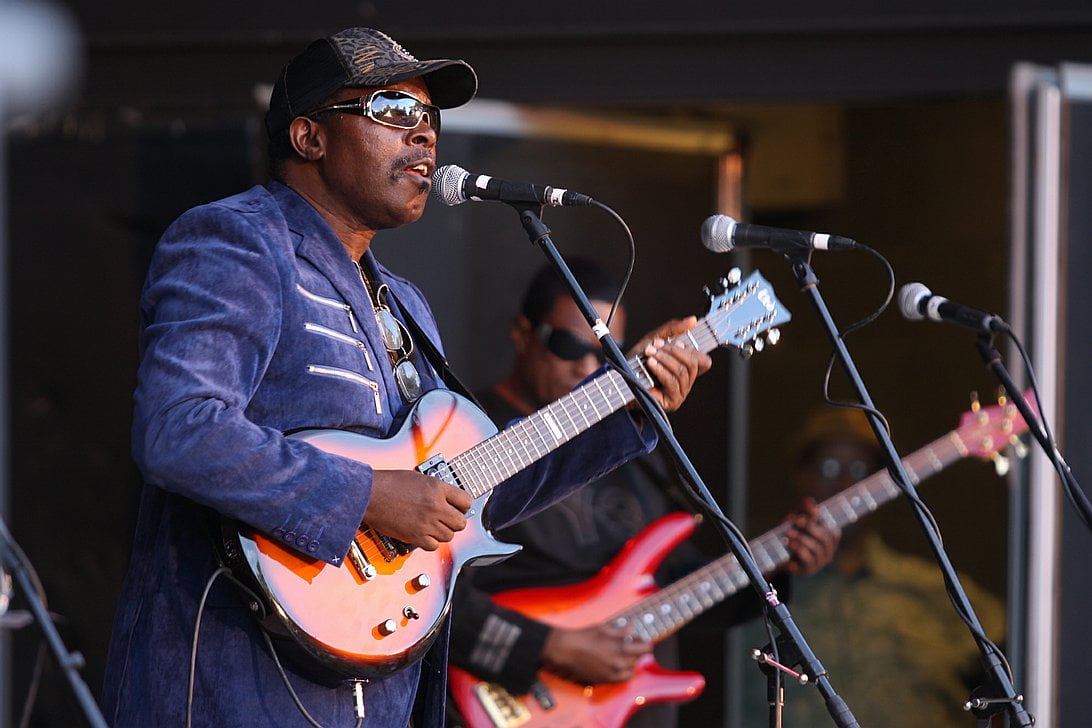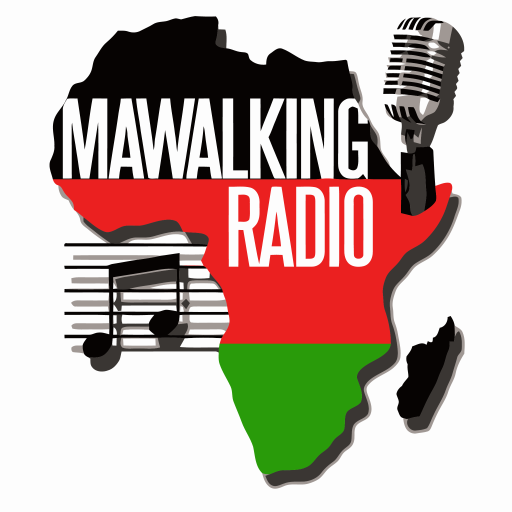
Diblo Dibala: The “Machine Gun” of Soukous
Diblo Dibala, born on August 9, 1954, in Kisangani, Zaire (now the Democratic Republic of the Congo), is a legendary figure in the world of Soukous music. His prowess on the guitar has earned him the nickname “Machine Gun,” a testament to his lightning-fast speed and unmatched skill.
At the age of 15, Diblo’s musical journey began when he won a talent competition in Kinshasa. This pivotal moment led to him joining Franco’s TPOK band, where he showcased his exceptional talent on the guitar. Despite his short stint with Franco’s band, Diblo’s impact was undeniable, setting the stage for his future success.
Over the years, Diblo’s musical career flourished as he collaborated with various bands and artists, including Vox Africa, Orchestra Bella Mambo, and L’Orchestre Bella Bella . It was during his time with Bella Bella that he first crossed paths with Kanda Bongo Man, marking the beginning of a fruitful partnership.
In 1979, Diblo embarked on a new chapter by moving to Brussels, Belgium. His relocation paved the way for international recognition, and in 1981, he joined Kanda Bongo Man’s band in Paris. Their collaboration yielded the highly successful album “Iyole” (1981), establishing Diblo as a formidable force in the soukous scene.
Known for his versatility, Diblo’s talent extended beyond performing to becoming a sought-after session guitarist. His contributions enriched the work of numerous soukous musicians, including Pepe Kalle, further solidifying his status as a musical virtuoso.
In the mid-1980s, Diblo ventured into entrepreneurship by forming his own band, Loketo, which translates to “hips.” Teaming up with vocalists Aurlus Mabélé and Mav Cacharel, Loketo captivated audiences with its infectious rhythms and energetic performances.
Despite parting ways with Loketo in 1990, Diblo’s journey continued with the formation of a new group, Matchatcha. Throughout his career, Diblo has navigated through various musical landscapes, adapting to changing trends while staying true to his unique style.
Today, Diblo Dibala remains an influential figure in the world of Soukous, inspiring generations of musicians with his unparalleled talent and enduring legacy. His contributions have left an indelible mark on the genre, cementing his place as one of its most iconic figures.




Pingback: Diblo Dibala, o Machine Gun do soukous e da guitarra africana - Senhor F